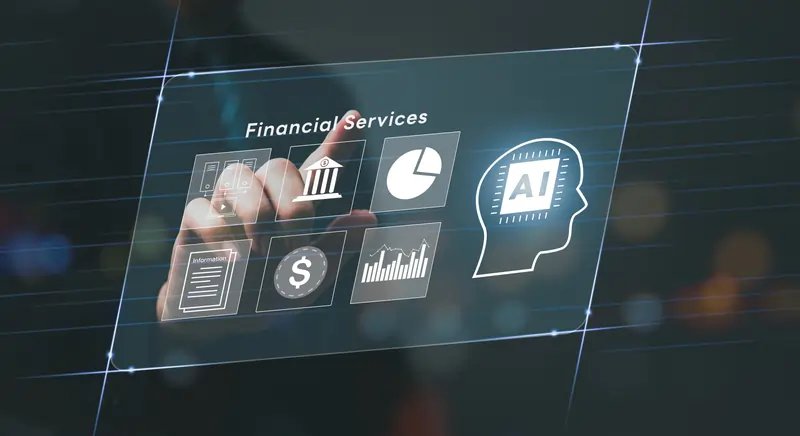How AI is revolutionising financial services


Russ Rawlings
By Russ Rawlings, RVP, Enterprise, UK&I, Databricks
Strict regulation, along with time and cost restraints, means that the financial services industry must take a measured approach to embracing technological advancements. However, with the emergence of generative AI, particularly large language models (LLMs), organisations have an opportunity to maximise the value of their data to streamline internal operations and enhance efficiencies.
Embracing generative AI has never been more important for organisations looking to stay ahead of the curve, as 40-60% of the global workforce will be impacted by the growth of AI. Moreover, global adoption of generative AI could add the equivalent of $2.6tn to $4.4tn in value annually to global industries, with the banking sector standing to gain between $200bn to $340bn.
But whilst the financial services industry can gain incredible benefits from generative AI, adoption is not without its challenges. Financial organisations must prioritise responsible data management, while also navigating strict privacy regulations and carefully curating the information they use to train their models. But, for companies that persevere through these obstacles, the benefits will be substantial.
Building customised LLMs for financial services
Whilst consumer chatbots have brought generative AI to the mainstream, the true potential of this transformative technology lies in its ability to be tailored to the unique needs of any organisation, in any industry, including the financial sector.
Risk assessment, fraud prevention, and delivering personalised customer experiences are just some of the use cases of custom open source models. Created using a company’s proprietary data, these models ensure relevant and accurate results, and are more cost-effective due to their smaller datasets. For instance, banks can use a customised model to seamlessly analyse customer behaviour and flag up any suspicious or fraudulent activities. Or, a model can leverage sophisticated algorithms to assess an individual’s eligibility for a loan.
Another huge benefit of these tailored systems is trust and security. Deploying a custom open-source model eliminates the need to share sensitive information with third parties – something that is crucial for organisations operating within such a highly regulated industry. This approach also democratises the training of custom models, allowing organisations to harness the power of generative AI whilst retaining control and compliance.
Using data intelligence to boost AI’s impact
To truly harness the power of generative AI, organisations must cultivate a deep understanding of data across the entire workforce. Every employee, regardless of how technical they are, must grasp the importance of proper data storage, as well as how it can be used to improve decision-making.
Organisations can use a data intelligence platform to help implement this. Built on a lakehouse architecture, a data intelligence platform provides an open, unified foundation for all data and governance, and operates as a secure end-to-end solution tailored to the specific needs of the financial services industry. By adopting such a platform, businesses can eliminate their reliance on third party solutions for data analysis, creating a streamlined approach to data governance and accelerating data-driven outcomes. Users across all levels of the business can navigate their organisation’s data, using generative AI to uncover important insights.
The future of AI in the financial sector
The path to success lies in embracing generative AI as a canvas for crafting bespoke solutions. Whilst no two financial institutions are exactly the same, the industry’s tools must strike a delicate balance between supporting specific use cases and addressing broader requirements, Customised, open source LLMs and data intelligence platforms hold the key, sparking transformative change across the sector. These tailored solutions will empower financial businesses to integrate cutting-edge innovations and ensure security, governance and customer satisfaction. Organisations that embrace this change will not only gain a competitive edge, but also pave the way for larger transformations, re-shaping the financial landscape and setting new standards for the industry.
Artificial intelligence (AI) refers to the simulation of human intelligence in machines that are programmed to think and learn like humans, enabling them to perform tasks such as problem-solving and decision-making.
Financial services encompass a broad range of services provided by the finance industry, including banking, investment, insurance, and asset management, aimed at managing money and financial transactions.
Large language models (LLMs) are advanced AI systems designed to understand and generate human-like text based on vast datasets, enabling applications such as chatbots and automated content creation.
Risk assessment is the process of identifying, analyzing, and evaluating potential risks that could negatively impact an organization, allowing for the implementation of strategies to mitigate those risks.
Explore more articles in the Technology category











